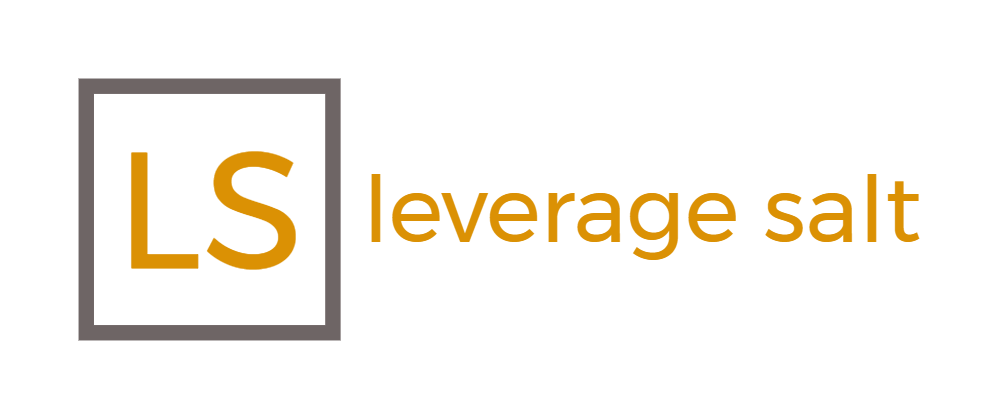The states are living in virtual reality. They want out-of-state companies who don't have a physical presence in the state to pay income tax, and collect sales tax.
You may know about all of the talk to enact federal legislation to require remote sellers to collect sales tax when they don't have a physical presence. You may even know about the legislation some states have enacted to require remote sellers to collect sales tax based on having 'economic nexus.'
ECONOMIC NEXUS: Economic nexus is simply having customers in a state and deriving income or sales from those customers. Economic nexus does not require the seller to have a physical presence in the state.
Before states started using economic nexus to require out-of-state companies to collect sales tax, some states enacted economic nexus legislation to require out-of-states companies to pay income tax. In addition to economic nexus, many states have adopted market-based sourcing for apportionment purposes.
APPORTIONMENT: Every company that operates in multiple states has an apportionment factor. The apportionment factor is used to determine the portion of the company's tax base that should be taxed by a state. Historically, the apportionment factor was based on a ratio of the company's in-state property/payroll/sales over the company's everywhere property/payroll/sales. Most states now use an apportionment factor solely based on sales. The property and payroll factor have become less important.
Now, back to market-based sourcing. Market-based sourcing applies to the sales of services and intangibles. It simply says that for apportionment purposes, a service provider's sales are sourced to where the customers are located.
This leads to why it is important to know where a company's customers are located versus where the company is located for both nexus and apportionment purposes. A service company or any company that sells over the internet could have economic nexus and customers in multiple states creating a large tax liability, possibly over multiple years.
Personally, I think economic nexus and market-based sourcing should not be allowed. I think states need to stop living in virtual reality and live in the physical realm.
Regardless, if you are a service provider or Internet retailer, please review your situation to reduce the likelihood of having a large tax assessment fall on your doorstep. Virtual reality could simply become reality.

